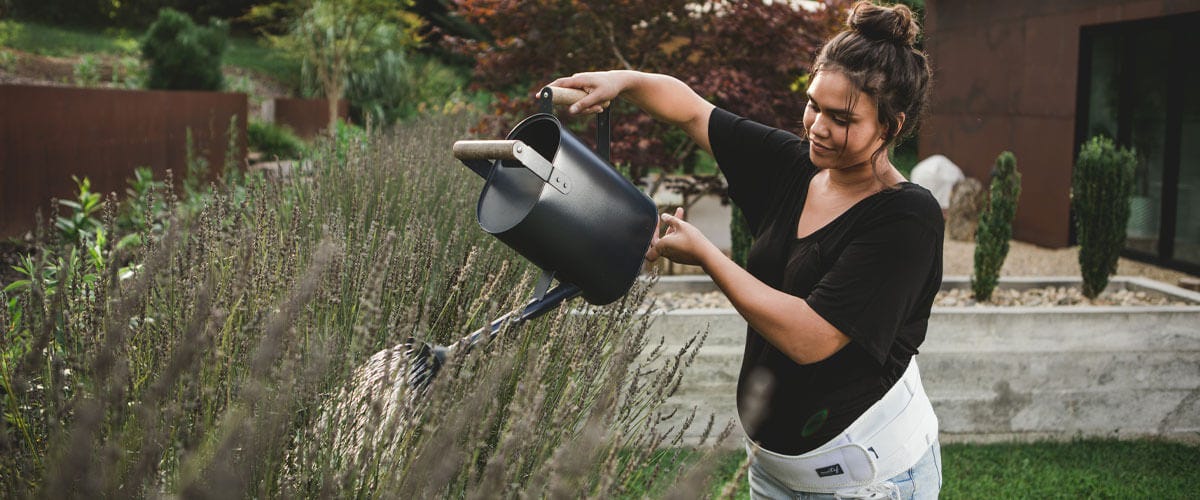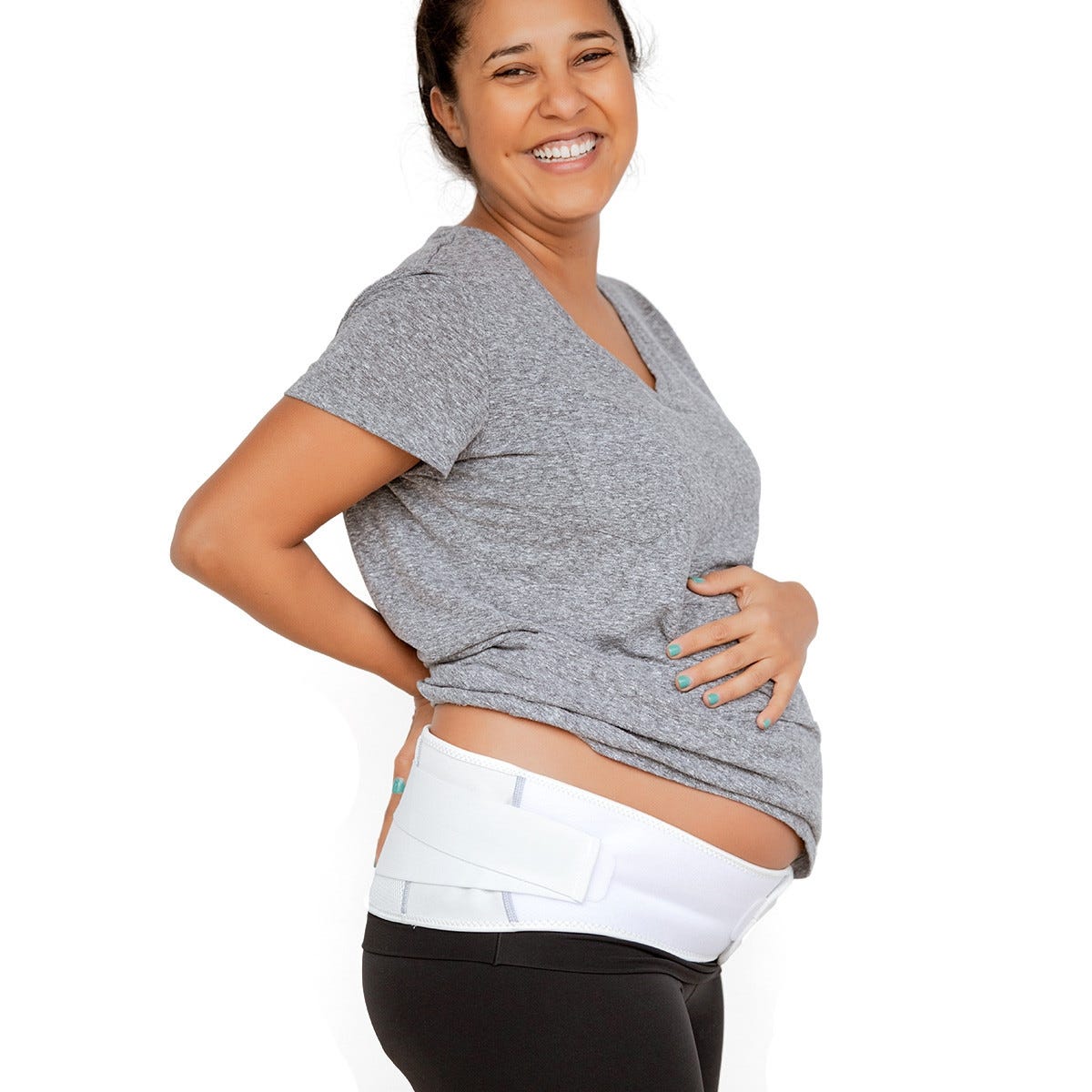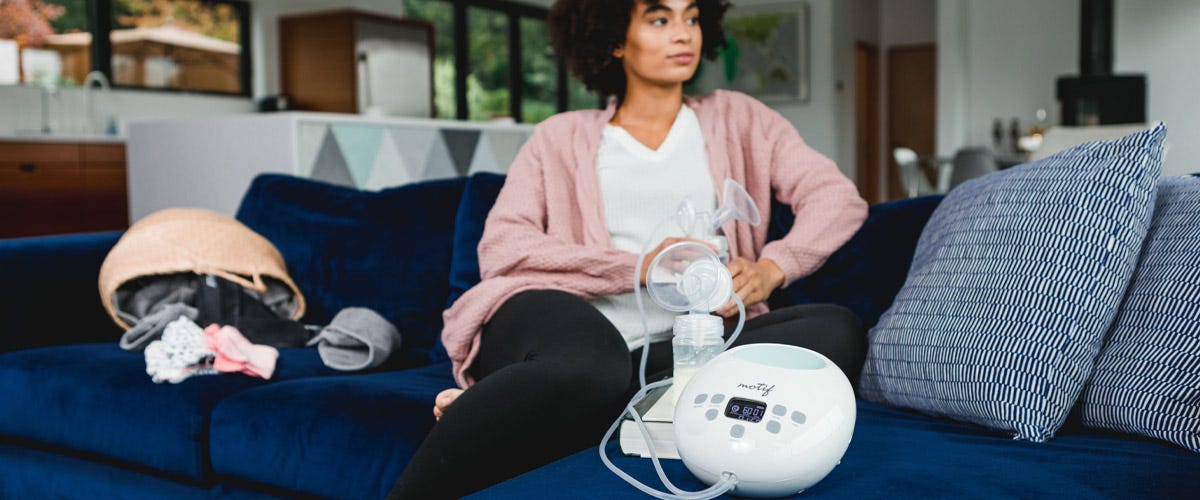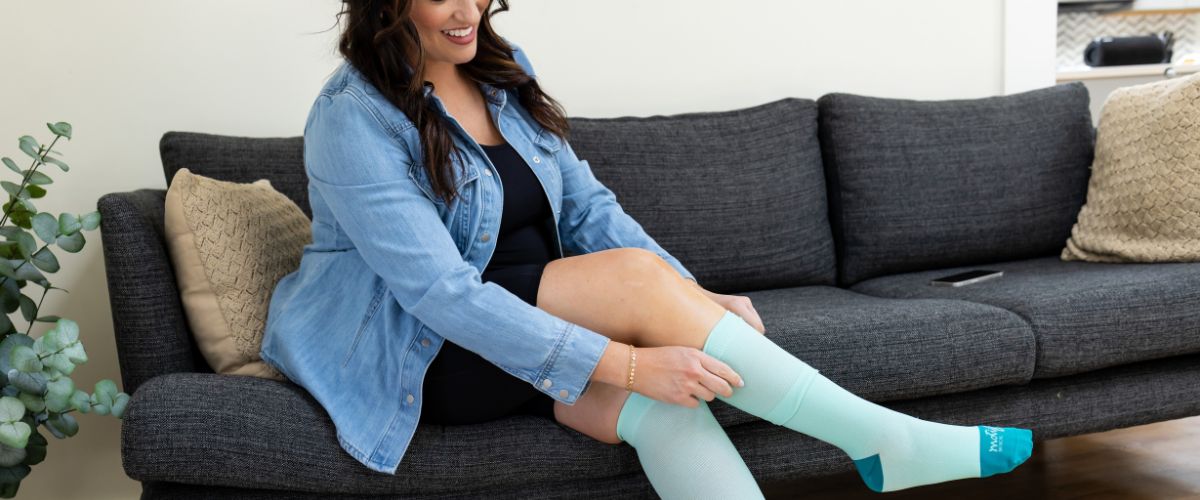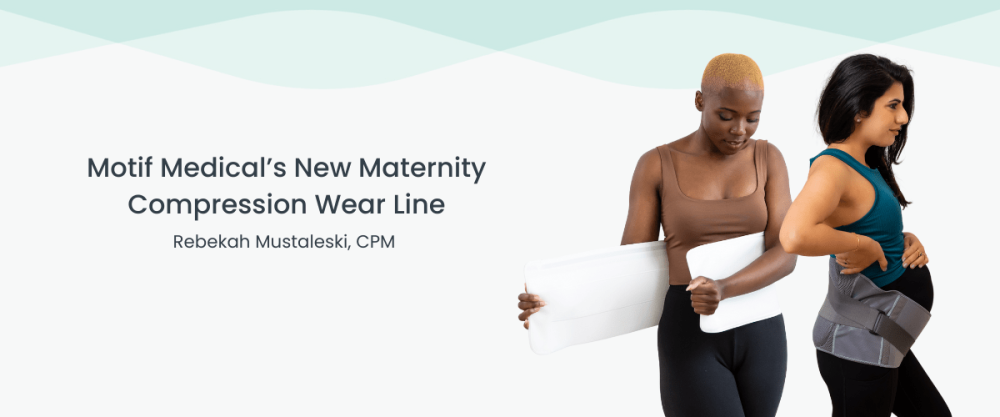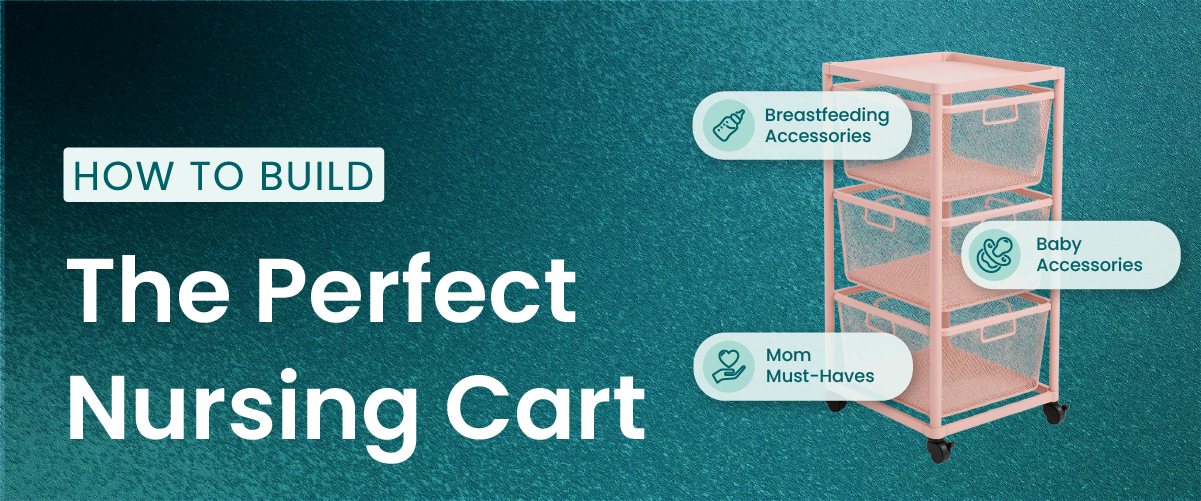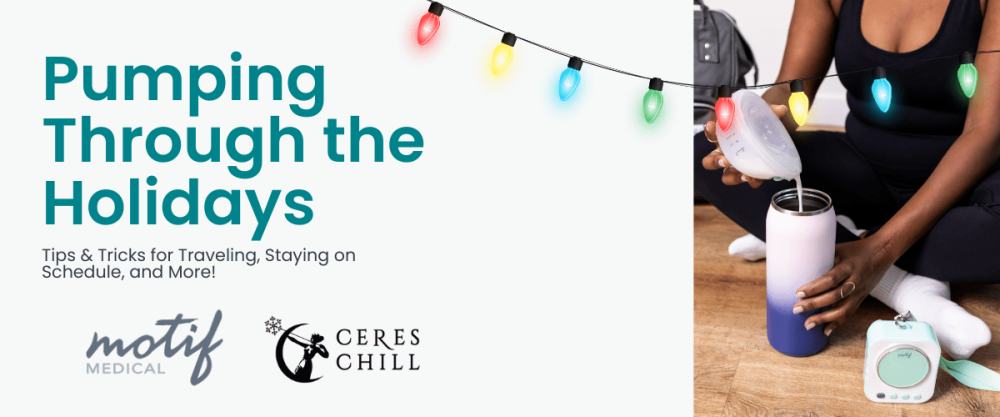Compression garments have been used for a long time among several groups of people, but they are just starting to be a more common tool for the pregnant population. Maybe you're new to using compression to help with some of the discomforts of pregnancy, or maybe you've been using compression for pregnancy but hadn't thought about compression during the postpartum—either way, lets talk about how long you should wear the various compression options both before and after baby arrives.
Wearing Compression Socks
Compression socks help improve blood flow and reduce swelling in the feet and ankles, which a common issue that many pregnant people deal with. Compression socks are most effective when they are worn all day long. You can put them on while you're still in bed in the morning and take them off once you're home and can rest again.
If you plan to be traveling or walking a lot on a particular day, then it's a good idea to put on some compression socks before you leave and you can take them off once your travels are done. And compression socks aren't just for when you're on your feet! Prolonged periods of sitting can also cause swelling to build up, so if you have a desk job or will be sitting most of the day, compression socks will be extremely useful to you. Movement is also your friend, so whether you're traveling or attending a conference that you are getting up to walk around every 30 minutes to an hour, as this is another great way to keep good circulation going to your feet and ankles.
Wearing A Pregnancy Back Brace
Some people may think of a pregnancy back brace to help stabilize the back and pelvis in late pregnancy, but it's also helpful much earlier, too. The core muscles, namely your back, pelvic floor and abdominals, have to work hard during a pregnancy to maintain good posture and support your growing baby.

